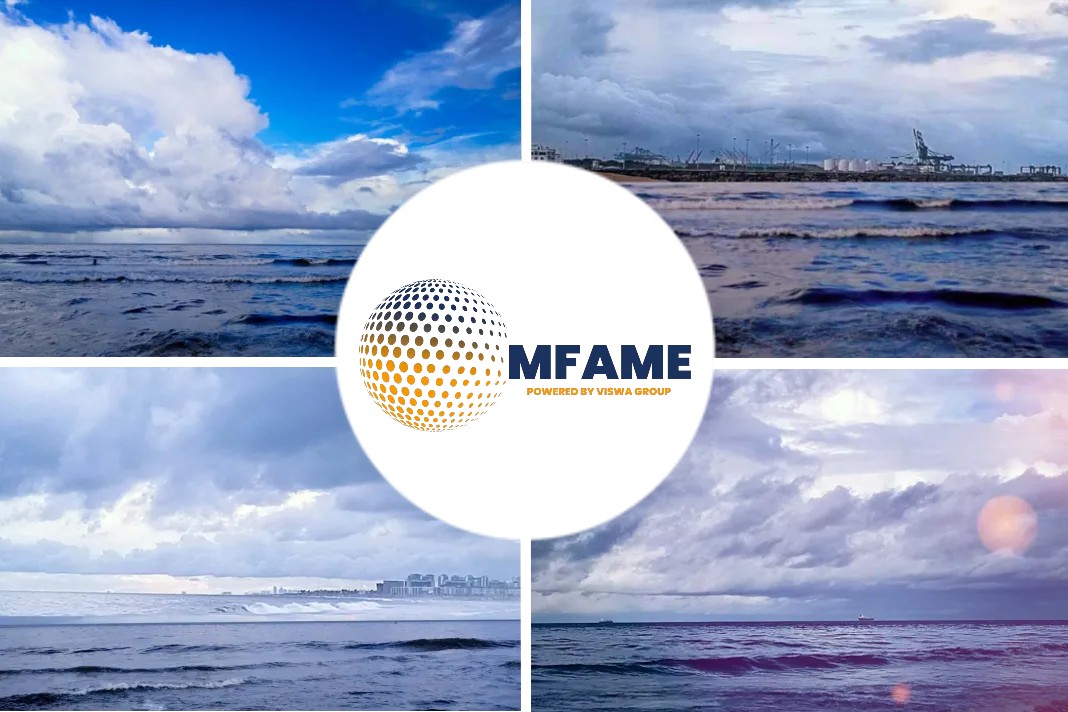In the same week that a report from ABS revealed problems with almost half of installed ballast water treatment (BWT) systems, Optimarin gave a stunning demonstration of its long-term system reliability on board Neptune Subsea’s IMR vessel Larissa, the company announces in its press release.
Optimarin, a market leader in environmentally friendly and compliant BWT technology, has installed more than 300 of its systems worldwide, with over 500 units ordered. The 334 m3 capacity system onboard the SX130 Ulstein design Larissa was one of the first, installed during its construction by Zhejiang Shipbuilding in 2010. Since that point it has only seen 140 hours of operation.
Given its prolonged idle time, Per Ivar Fagervoll, CEO of Golden Energy Offshore, which manages the ship for owner Neptune, thought Optimarin may have had work to do when it visited Larissa during a recent stop in Stavanger. But apparently this wasn’t the case.
Optimarin’s visit came at the same time a special report from ABS highlighted that 42% of systems – from a sample of 220 installed units, across 27 shipowners – were seen to be problematic or not working at all. Tore Andersen, CEO at Optimarin, isn’t surprised by either the findings, or the long-term performance of his firm’s technology.
Optimarin is a market leader in the supply of BWT systems to both newbuilds and existing vessels. Together with its Global Engineering partners Goltens and Zeppelin Power Systems, the firm has carried out over 100 successful retrofits.
Alongside full approval from USCG and IMO, the environmentally friendly UV Optimarin Ballast System (OBS) is certified by a comprehensive range of classification organisations, including DNV GL, Lloyd’s, Bureau Veritas, MLIT Japan, and American Bureau of Shipping.
Did you subscribe for our daily newsletter?
It’s Free! Click here to Subscribe!
Source: Optimarin
















